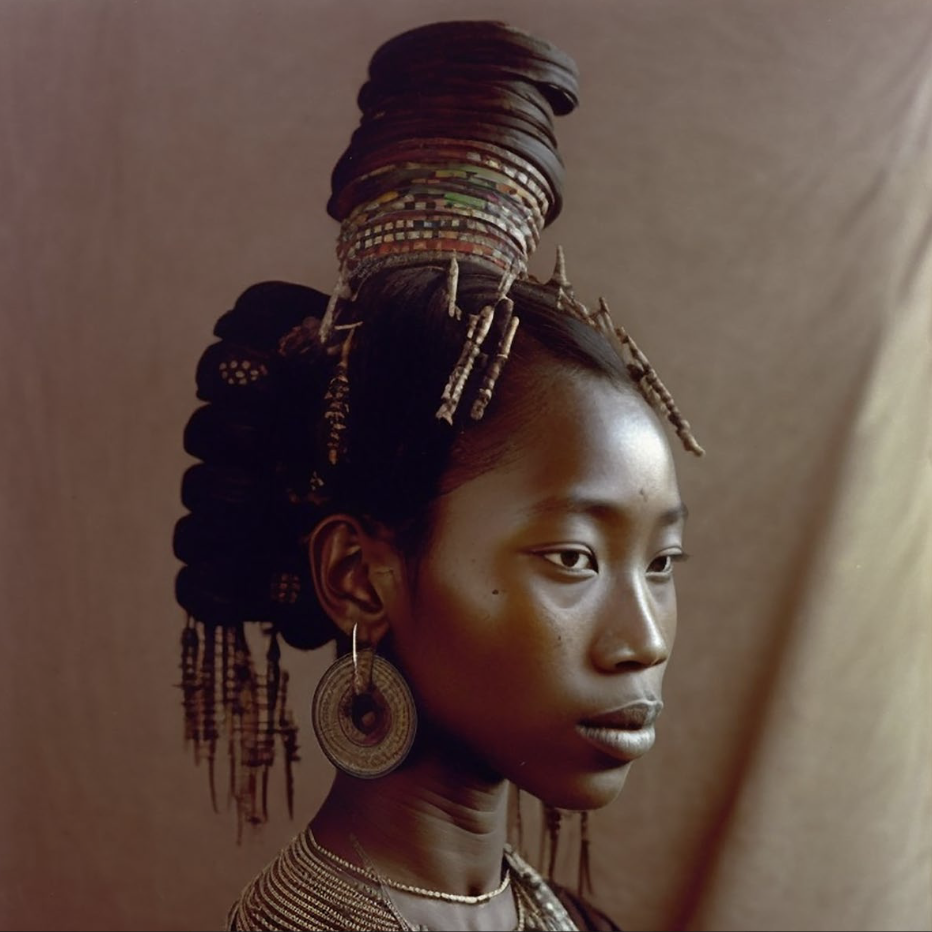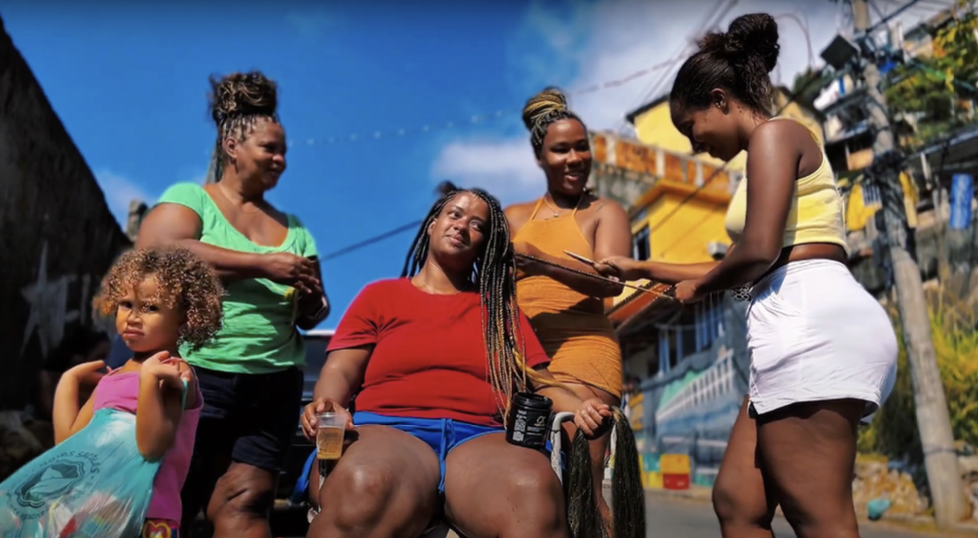
JANICE MASCARENHAS
Ancestral Frequencies: Shrines of Resistance
06.09.2025 - 27.09.2025
Janice Mascarenhas is a Brazilian hairstylist and visual artist whose interdisciplinary practice, encompassing installation, performance, and photography, extends far beyond an aesthetic experience. Through diverse artistic forms, she conveys to the audience an exploration that merges anthropological and sociological perspectives. Inspired by the Afro-Brazilian religion, Candomblé (1), rooted in Bahia and shaped by Yoruba, Fon, and Bantu traditions. For Janice, her work is inseparable from her lived experience: “Candomblé and being connected to my ancestors helped me to discover more about my identity, especially as a Black woman. The invisibilization of Black women is always what shocks me the most in any context I live in.” In this sense, her practice is not only about revisiting ancestral knowledge but also about reimagining its forms in the present as acts of visibility, affirmation, survival, and vehicles of cultural transmission. Lies to the concept of orí, literally "head" in Yoruba, but understood metaphysically as the individual's seat of destiny, consciousness, and spiritual alignment. Mascarenhas’s sculptural and photographic creations are not only expressions of Black women’s empowerment but also material embodiments of resilience and cultural ancestry.
Her ongoing project ‘Descending of Africa’ further expands this inquiry. Using AI-generated imagery, she generates a collection of post-human portraits based on the Moroccan human fossil discovered over 300,000 years ago, offering a comparison between early and present-day humans. Each figure evokes historical foremothers who breached social, political, and cultural boundaries. Janice embodies these figures, representing a new generation of Black women whose presence within spaces historically denied to them reconfigures both cultural memory and contemporary power structures. Through this spatio-temporal context with a meeting between past, present, and futures, Mascarenhas highlights the subtle energies of resistance, the ancestral seeds of dignity, memory, and self-determination that remain alive today.
Ancestral Frequencies: Shrines of Resistance is an invitation to discover her creative research, accompanied by new narratives rooted in diasporic pasts. Following a temporal framework, the exhibition is conceived in two distinct phases. The initial presentation features two large-scale portraits, establishing a visual entry point into the artist’s practice. Coinciding with Berlin Art Week, the second phase activates a dedicated space for her video works, creating a deliberately immersive environment. This staged approach is designed to engage the viewer’s senses, fostering a multi-sensorial encounter that cultivates the experience of Janice Mascarenhas’s works.
Text by Mathilde Castaignede.
(1) Candomblé: An Afro-Brazilian religion that emerged from the transatlantic slave trade, combining Yoruba, Fon, and Bantu cosmologies with elements of Catholicism. Centered on the worship of orixás, deities embodying natural and ancestral forces, it is transmitted through rituals of possession, music, and dance, and plays a key role in preserving Afro-descendant memory and identity in Brazil.










